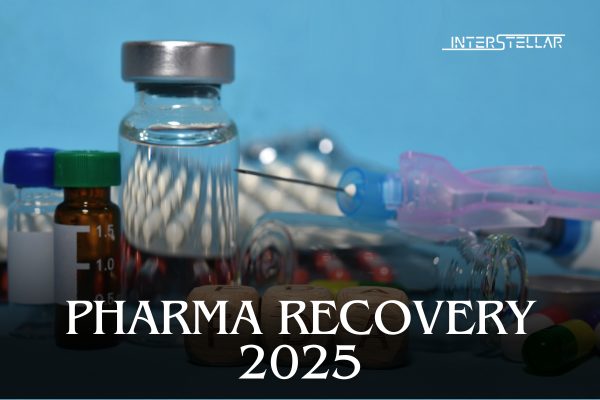Biopharmaceutical Industry Eyes Recovery Amid Policy Uncertainty in 2025
The biopharmaceutical sector aims to rebound from last year’s downturn in investor returns but remains cautious about potential challenges under President-elect Donald Trump’s administration. Key concerns include drug pricing reforms, vaccine policies, and the broader regulatory landscape.
Policy Shifts Under Scrutiny
The industry continues to grapple with the impacts of the Biden Administration’s Inflation Reduction Act (IRA) of 2022. The law allowed Medicare to negotiate prices for the costliest prescription drugs, marking a historic shift in healthcare regulation. While this aimed to reduce costs for patients, it introduced significant uncertainty for drugmakers.
Steve Ubl, head of the Pharmaceutical Research and Manufacturers of America (PhRMA), highlighted these concerns during the JP Morgan Healthcare Conference in San Francisco. He expressed hope that the new administration would focus on addressing inefficiencies rather than disrupting the industry’s ecosystem.
Medicare Negotiations and Price Trends
The first wave of Medicare-negotiated drug prices, released last August, largely aligned with existing discounted rates. However, with a new list of 15 drugs slated for price talks to be announced soon, stakeholders are awaiting clarity on how the Trump administration will approach the IRA. Modifications to the act, though possible, may face legal and procedural hurdles.
Uneven Growth and Patent Expirations
Last year, the Nasdaq Biotechnology Index dropped 3%, contrasting with gains in the broader market. While companies like Eli Lilly saw record-breaking stock price increases, others struggled with declining revenues and underwhelming trial results.
A looming issue for the sector is the expiration of drug patents. By the end of the decade, approximately $175 billion in large-cap biopharma revenue will lose patent protection, according to Morgan Stanley. This accounts for 35% of the industry’s total revenue. To offset these losses, drugmakers must innovate or pursue acquisitions, though mergers and acquisitions slowed significantly last year.
Regulatory and Leadership Developments
The expectation of a more deal-friendly Federal Trade Commission chair, following Trump’s nomination of Andrew Ferguson, has raised hopes for smoother approval of major transactions. Johnson & Johnson’s recent $14.6 billion acquisition exemplifies a potential uptick in activity.
However, uncertainty lingers regarding Trump’s high-profile nominations. Robert F. Kennedy Jr., a vaccine sceptic, has been nominated to lead the Department of Health and Human Services, raising questions about the administration’s stance on vaccine policies.
Industry Leaders Express Mixed Sentiments
Pharma executives are divided on the opportunities and risks ahead. Pfizer CEO Albert Bourla expressed cautious optimism, noting the potential for positive changes but acknowledging significant challenges. Similarly, J&J CEO Joaquin Duato stressed the importance of pushing for innovation and access policies.
While some industry leaders remain hopeful after reports of a “cordial” meeting between Trump and pharmaceutical executives, past statements from Trump and RFK Jr. on drug pricing reforms have tempered expectations for a pro-industry agenda.
Looking Ahead
As the biopharmaceutical industry navigates patent cliffs, regulatory changes, and leadership transitions, its recovery depends on innovation, strategic collaborations, and effective engagement with policymakers. The coming months will reveal how these dynamics unfold under the new administration.
with inputs from Reuters





